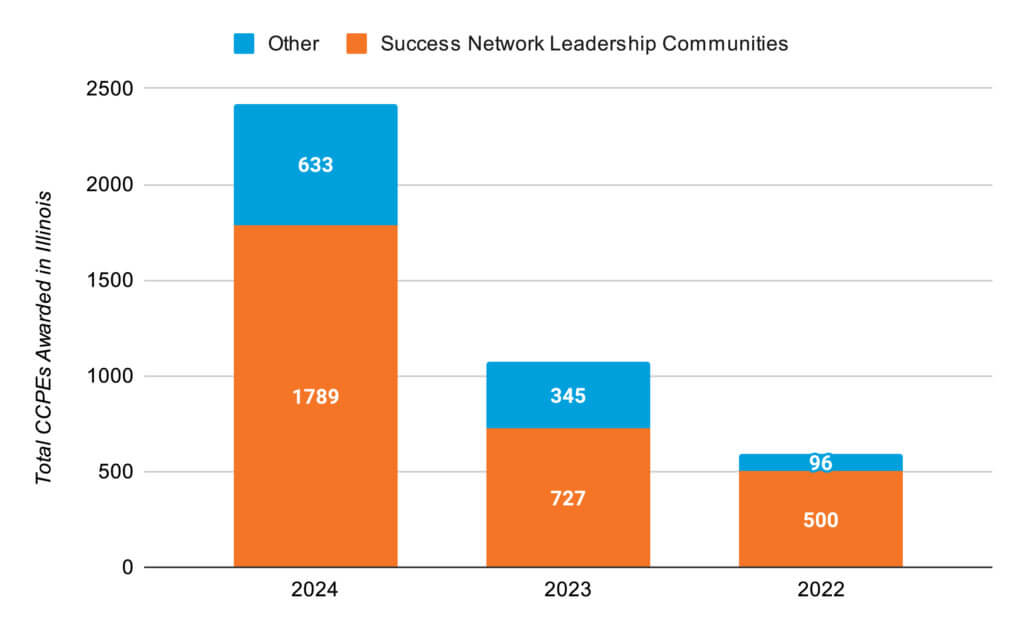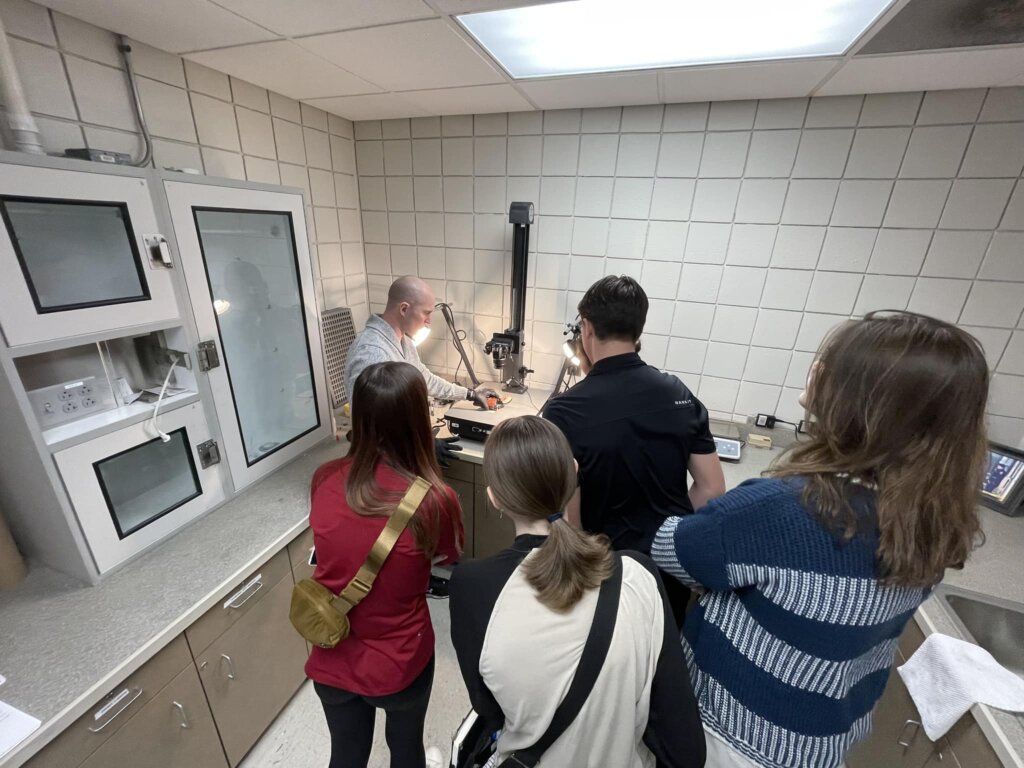
- Leadership Community Update
- Aurora Regional Pathways to Prosperity, Black Hawk Region Pathways, Boone County, Greater Peoria Pathways, Lake County, Making Opportunities Real for Everyone (MORE) in the Mississippi and Rock River Region, McLean County, Sangamon County Continuum of Learning, Southern Illinois, Vandalia ONE
Leadership Confere...



